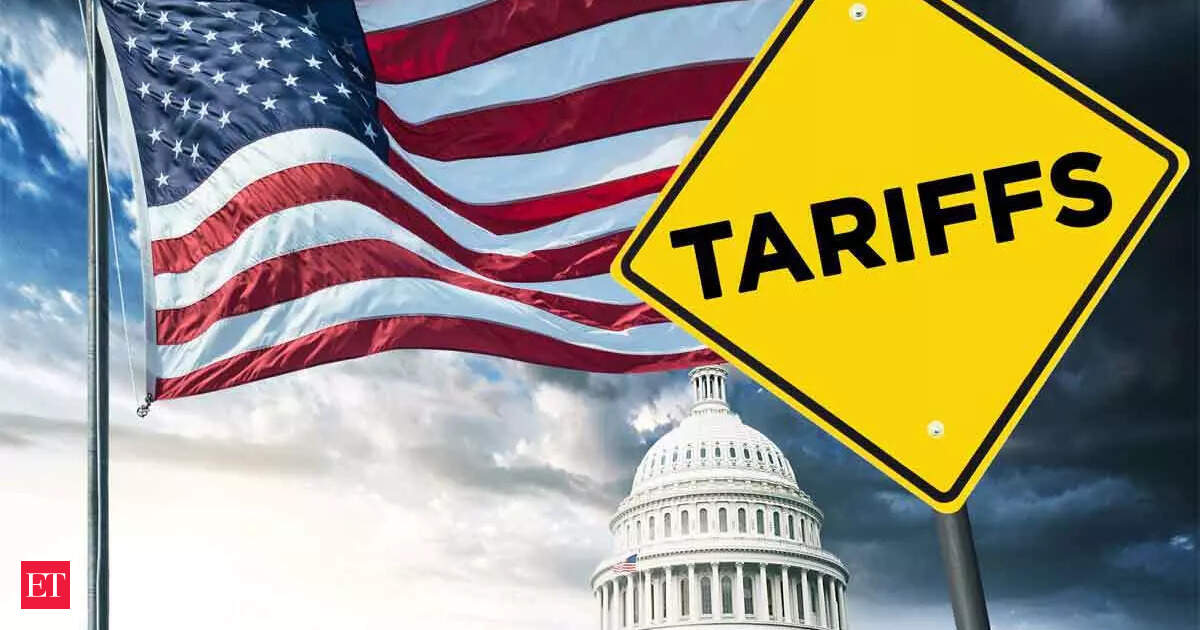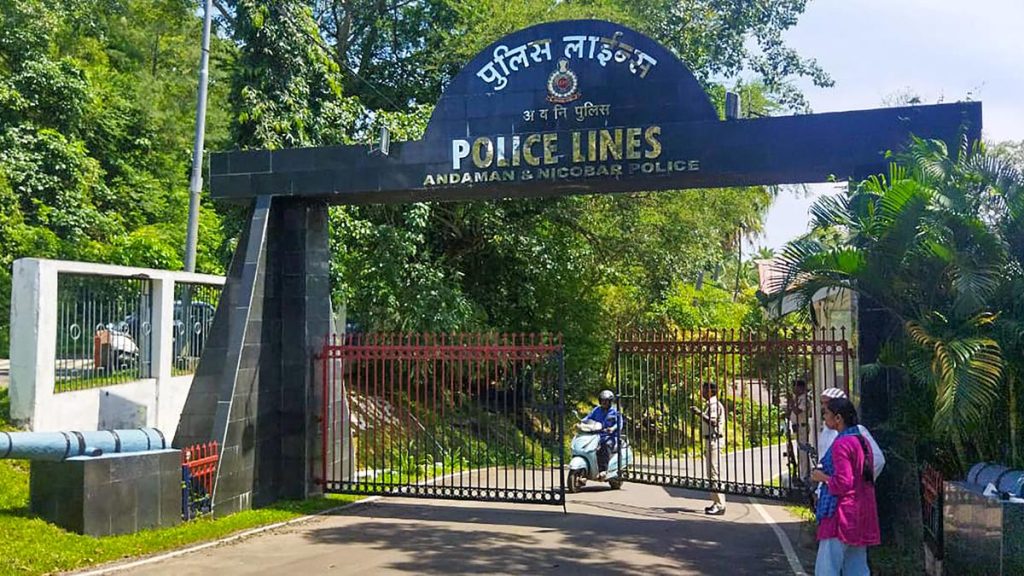Now Reading: US Tariffs Hit Indian Auto and Tyre Sectors Harder Than Asian Peers
-
01
US Tariffs Hit Indian Auto and Tyre Sectors Harder Than Asian Peers
US Tariffs Hit Indian Auto and Tyre Sectors Harder Than Asian Peers

quick Summary
- The US has imposed a 25% tariff on Indian goods, effective from August 7.
- Major industries affected include auto components and tire manufacturing, heavily reliant on exports to the US.
- The tariff disproportionately impacts Indian exporters compared to Asian peers like Japan, Vietnam, and Indonesia, who face lower duties.
- The US accounts for 27% of India’s auto component exports and 17% of tyre exports, highlighting important exposure.
- Indian suppliers may lose competitiveness in key segments such as off-highway tyres, replacement tyres, and automotive components due to the increased tariffs.
- Exporters are expected to diversify markets and focus on cost efficiency strategies in response.
- In FY25 (2024-2025), India’s auto components industry achieved a turnover of $80.2 billion with export growth at 8%, reaching $22.9 billion.
Indian Opinion analysis
The imposition of a steep 25% tariff by the US poses immediate challenges for India’s automotive supply chain participants relying on global trade networks. As Asian countries like Vietnam and Indonesia enjoy relatively lower tariffs or preferential treatment in similar sectors, this move risks eroding India’s competitive edge globally-especially in segments like replacement tyres where Indian exporters previously had an advantage over China.
Diversifying export destinations will likely be key for long-term stability in the wake of this policy shift; however, this requires substantial time investments as well as strategic adaptation by companies aiming to absorb market disruption swiftly while improving efficiencies at scale.
India needs collaborative efforts across industry stakeholders and policymakers if it aims towards broader de-risking amid shifting geopolitical-economic dynamics considerably reshaping global trade flows within automotive domains particularly being logical signals longer-term adaptation whilst embedding sustainability expansion balancing core-expectation clearer robust trajectories fy accepted..
























